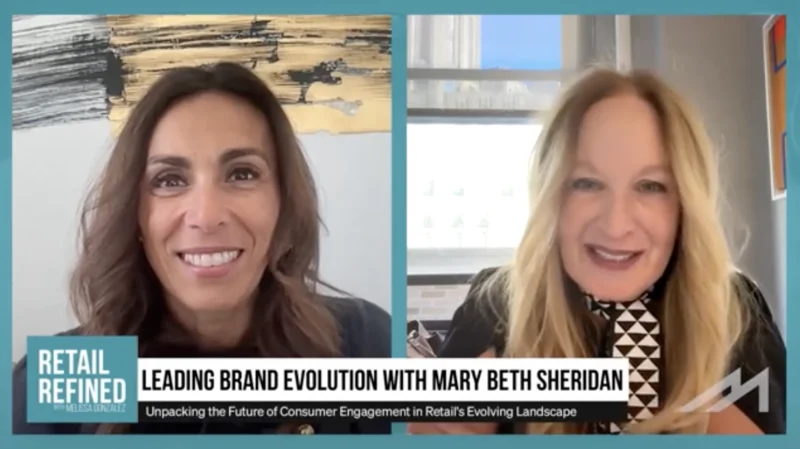Retail Marketing Gamification is the Battleground for Customer Loyalty and Attention. How Do Retailers Win?
Retail marketing is undergoing a transformation driven by the experience economy, pushing brands to innovate with engaging and interactive customer experiences. Gamification is at the forefront of this movement, offering a dynamic way to enhance customer loyalty and drive revenue. As brands explore unique loyalty programs, immersive on-site marketing, and in-store pop-up experiences, the question arises: What impact does gamification have on retail marketing strategies? And how do brands win at retail marketing gamification in a stacked field full of pitfalls and competing methods for customer attention?
What makes retail marketing gamification a powerful tool, and how can brands leverage it for tangible returns without getting “lost in the sauce” of curating a game-like, interactive experience for customers?
On this episode of MarketScale’s Experts Talk, hosted by Daniel Litwin, Voice of B2B at MarketScale, top retail marketing strategists and thought leaders sit down to debate and discuss the winning strategies for retail marketing gamification. Panelists for this episode include:
- Kathryn Orr, Brand Strategy Director, Designit
- Scott Swanson, CEO, Bonder
- Jon Reily, President, McFadyen Digital
- Dennis Yu, CTO, BlitzMetrics
Orr, Swanson, Reily & Yu highlight the potential of retail marketing gamification to transform retail landscapes by making shopping more engaging and enjoyable. However, the success of these strategies hinges on thoughtful implementation and a clear understanding of customer motivations. Retailers must balance the novelty of gamification with genuine value to avoid customer fatigue. As the market evolves, those who master this balance will likely see significant returns in both customer satisfaction and revenue.
Key Takeaways:
- Enhanced Customer Engagement: Gamification captivates customers, increasing their interaction time with the brand and fostering deeper connections.
- Loyalty Programs: Innovative loyalty programs using game mechanics can boost repeat purchases and brand loyalty, creating a more committed customer base.
- In-store Experiences: Pop-up experiences and in-store games can drive foot traffic and create memorable shopping moments, distinguishing brands in a competitive market.
- ROI and Metrics: Effective gamification strategies show tangible returns through increased sales, improved customer retention, and enhanced brand advocacy.
- Challenges and Pitfalls: While gamification offers many benefits, it requires careful planning and execution to avoid potential pitfalls such as customer fatigue or misaligned incentives.
Article written by MarketScale.









